“Waste and Want” Book Review
In her thought-provoking book, “Waste and Want: A Social History of Trash,” Susan Strasser delves into the captivating history of waste and its societal implications. With meticulous research and engaging storytelling, Strasser explores the evolution of America’s relationship with trash, shedding light on the social, economic, and environmental impacts of our throwaway culture. This book offers a comprehensive examination of waste management practices and their profound effects on society.

Content Summary
“Waste and Want: A Social History of Trash” by Susan Strasser is an enlightening exploration of America’s relationship with waste. Strasser adeptly connects historical events to contemporary waste issues, revealing the societal impact of our throwaway culture. While the book may be dense and scholarly at times, it offers valuable insights into the forces that shaped our waste practices. Through vivid anecdotes, readers gain a deeper understanding of waste management challenges and are encouraged to reflect on their own consumption habits. The book serves as a call to action, urging individuals and society to embrace more sustainable practices and envision a future with reduced waste and increased social equity.
Strengths
One of the book’s key strengths lies in Strasser’s ability to connect historical events and trends to contemporary issues. Through vivid historical anecdotes, she brings to life the stories of individuals and communities navigating the changing landscape of waste management, offering a nuanced understanding of the forces that shaped our present-day waste culture. Strasser’s comprehensive research and detailed analysis provide valuable insights into the social history of trash, challenging readers to critically examine their own consumption habits.
Weaknesses
While “Waste and Want” offers valuable insights, it can be dense and scholarly at times, potentially making it less accessible for casual readers. Strasser’s meticulous research and extensive analysis may require readers to engage more deeply with the material to fully appreciate the depth of her arguments. Additionally, the book could benefit from a more explicit exploration of solutions and actionable steps for waste reduction to provide readers with a clear sense of how to address the waste crisis.
Implications and Impact
Strasser’s exploration of waste management practices illuminates the social inequalities inherent in our systems. She highlights how waste burdens disproportionately affect marginalized communities, emphasizing the need for a more inclusive and equitable approach to waste reduction. By connecting historical events to contemporary waste issues, Strasser challenges readers to reevaluate their relationship with waste and envision a future where sustainability and social justice intersect. The book serves as a call to action, prompting individuals and society at large to adopt more responsible practices.
Wrap Up
“Waste and Want: A Social History of Trash” by Susan Strasser is an important and thought-provoking book that explores the history and implications of waste in America. While it may be dense and scholarly at times, the comprehensive research and engaging storytelling provide valuable insights into the social, economic, and environmental impacts of our throwaway culture. The book serves as a wake-up call, urging readers to critically examine their own consumption habits and the broader systems that perpetuate waste. By fostering a deeper understanding of waste management practices, Strasser empowers readers to envision a more sustainable and equitable future.


